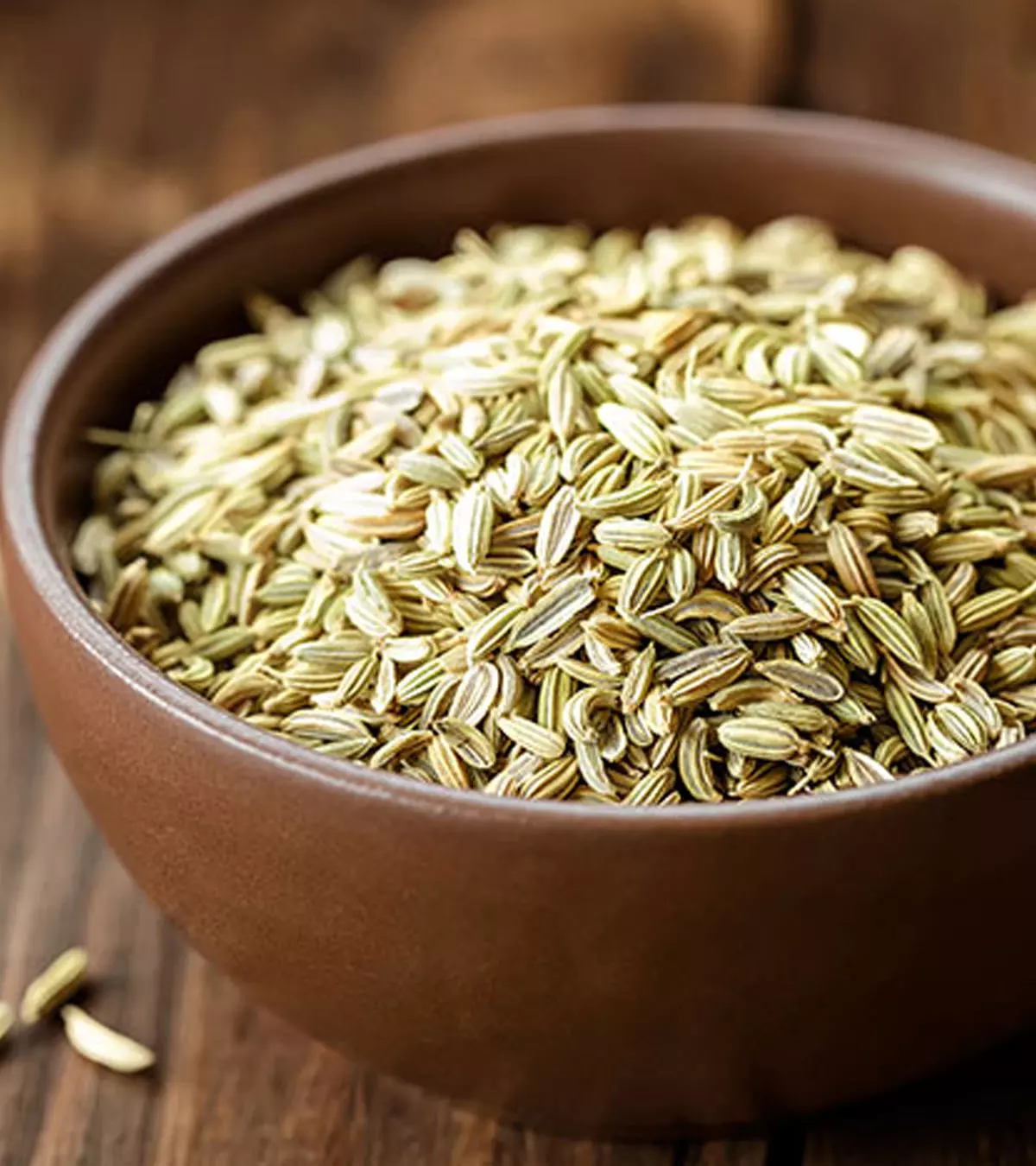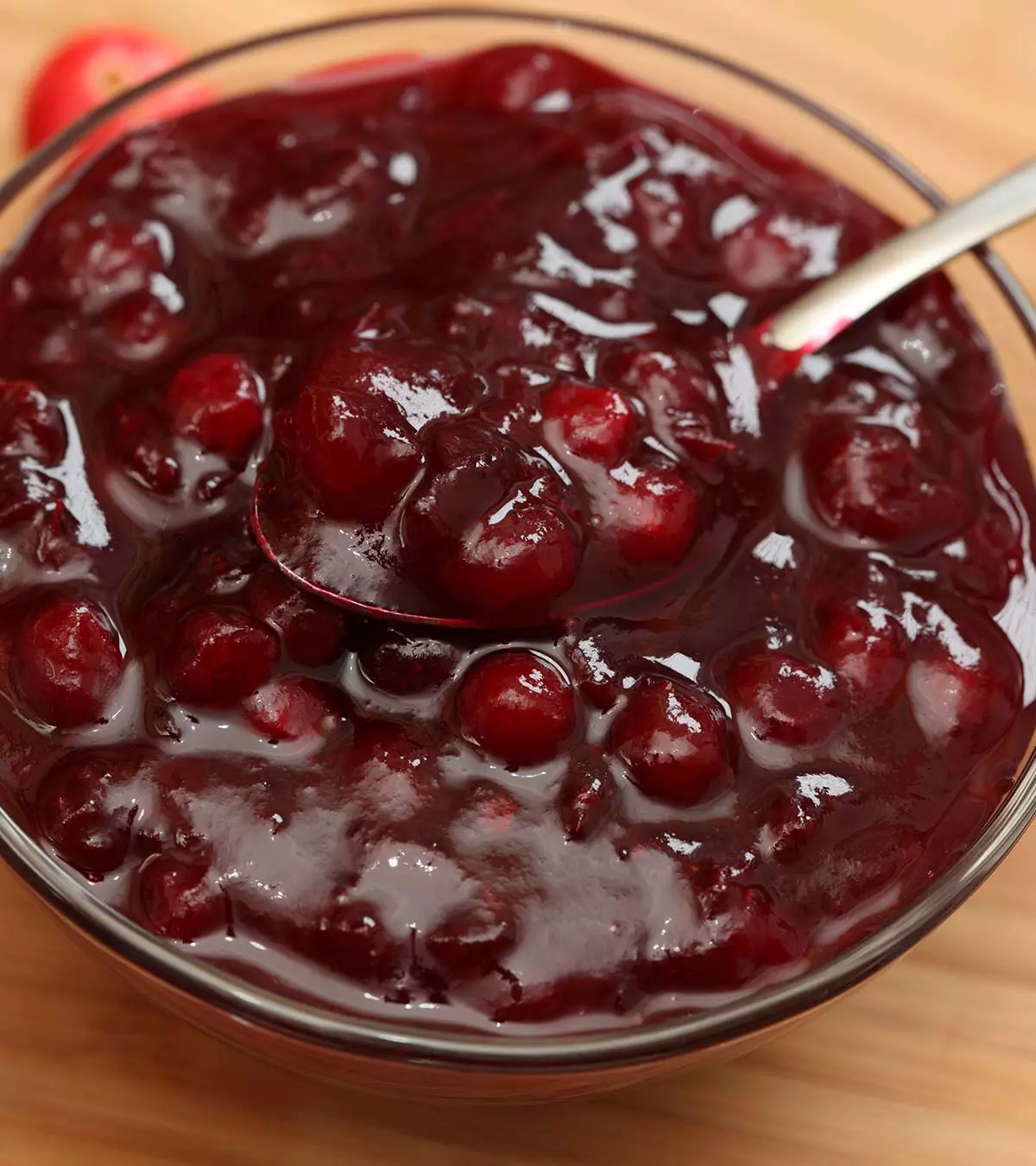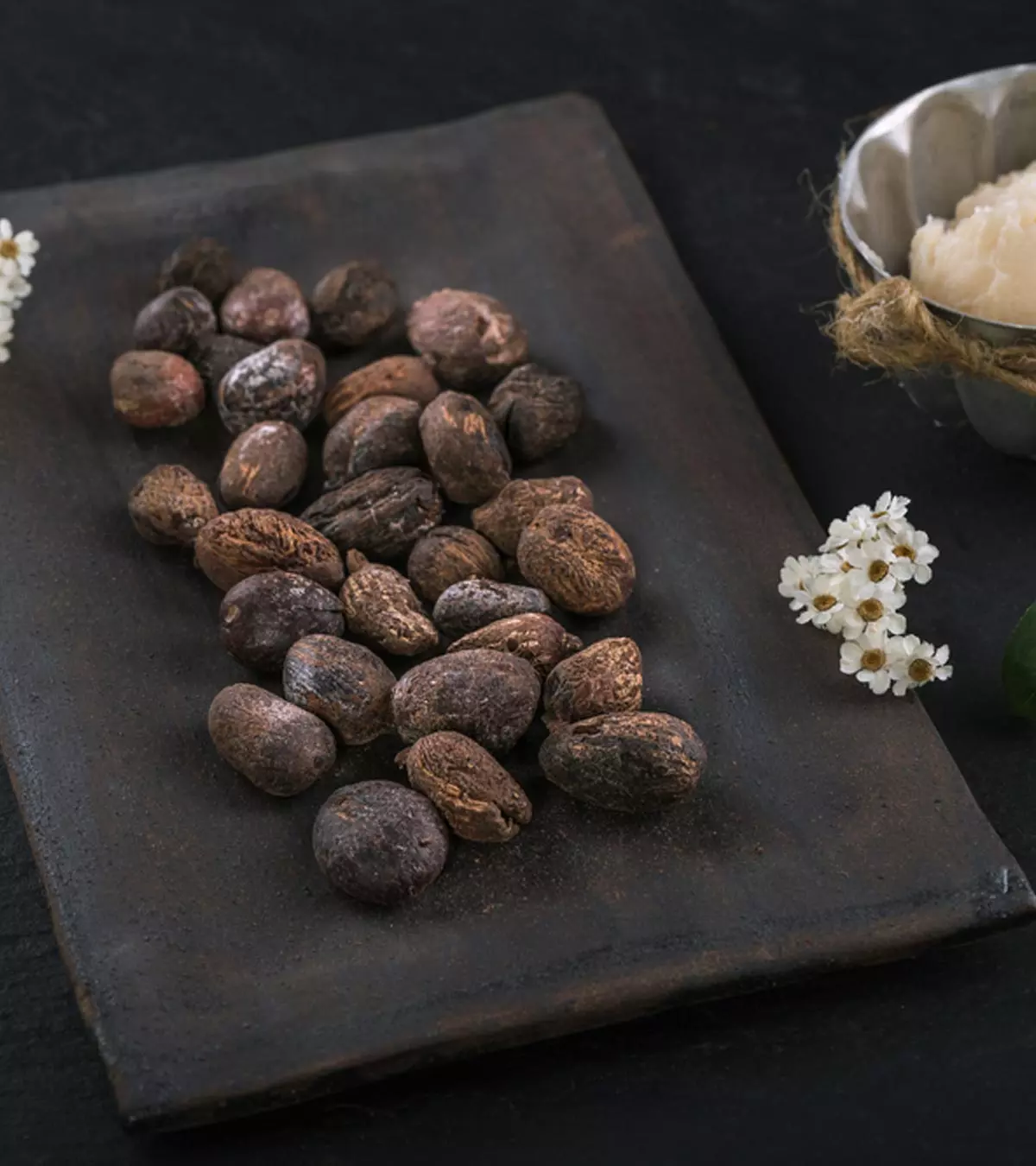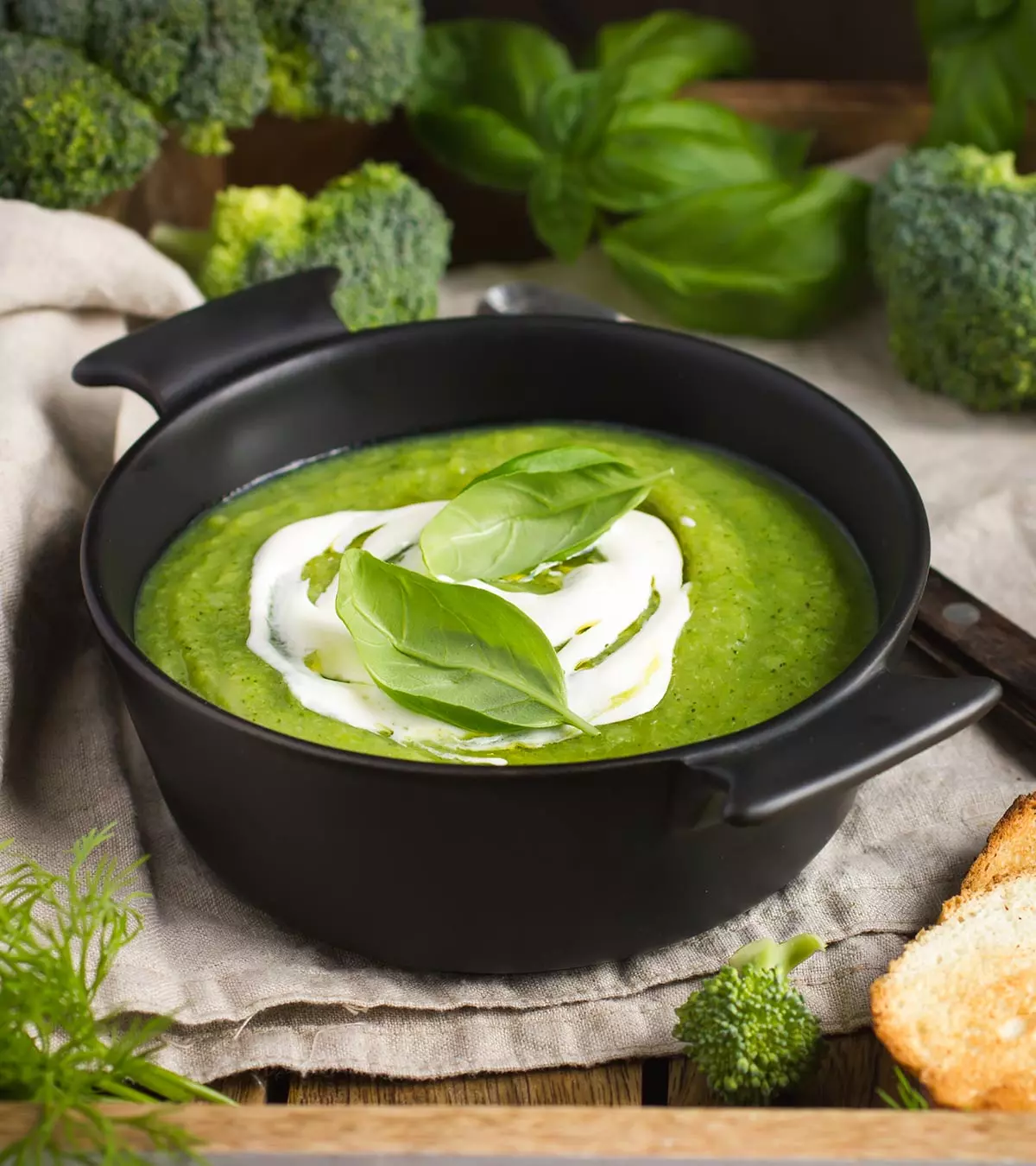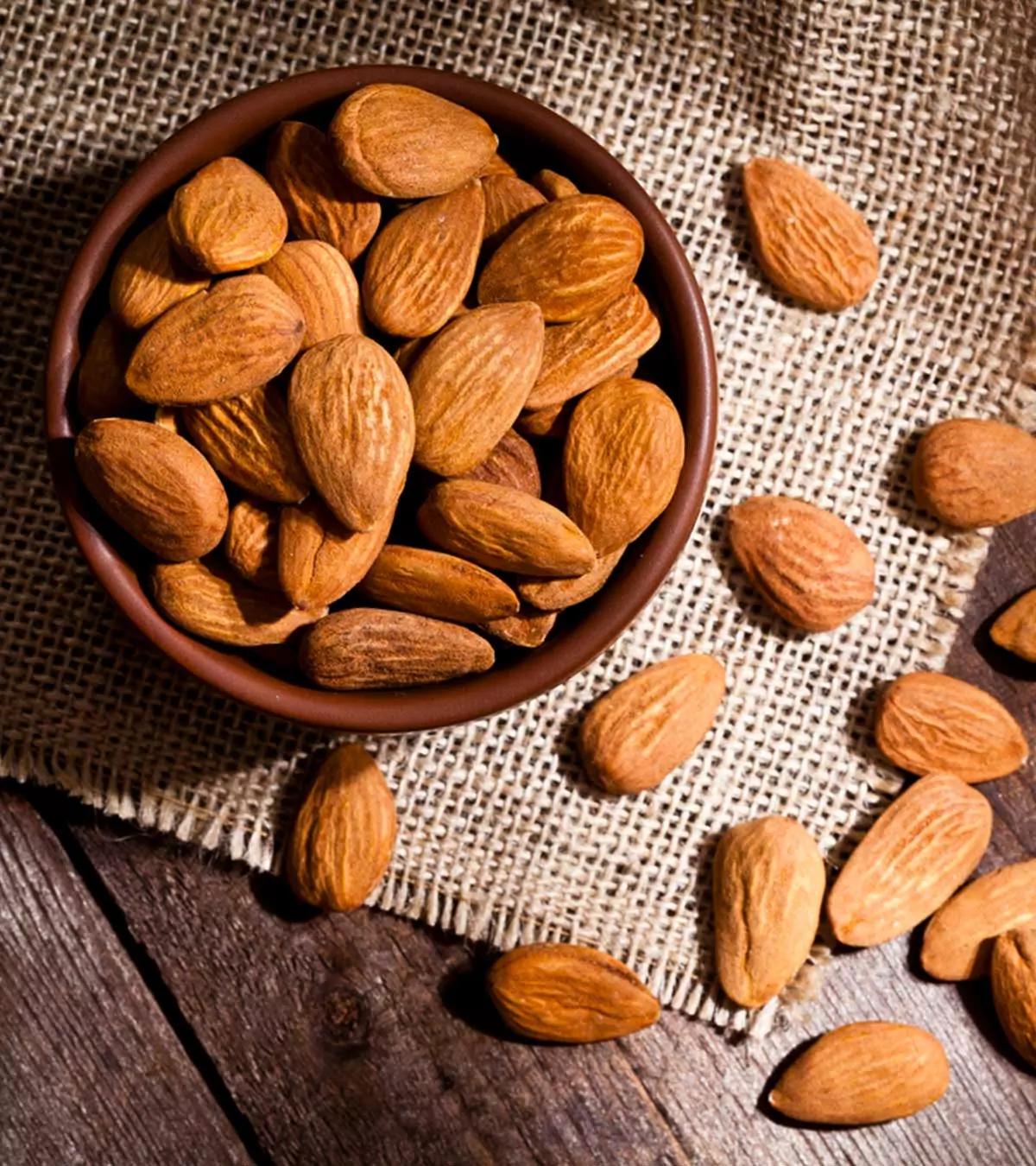
Image: ShutterStock

Pregnancy is a time of myriad cravings. Some women like sweets, while others crave something sour or spicy. For those who love the sweet-sour taste, refreshing mosambi juice during pregnancy is just what they need to satisfy their craving and hydrate themselves. Mosambi, also called sweet lime, is a fruit with numerous health benefits and is a natural source of vitamin C. However, it is best to consume this fruit in moderation while pregnant. Explore more about the safety, potential benefits, and right ways of consuming mosambi juice in pregnancy.
Key Pointers
- Mosambi, also known as sweet lime, is a fruit with multiple health benefits and is rich in vitamin C.
- It is recommended to consume this fruit in moderation, despite its nutritional value.
- To prepare mosambi juice, use farm-fresh mosambis, avoid adding excessive sugar, and boil and cool the water before mixing it in.
- Mosambi juice helps with fluid intake, prevents constipation, provides a healthy dose of vitamin C and potassium, soothes the nervous system, and reduces stress.
What Is Sweet Lime?
Sweet lime, Mosambi, or Citrus limetta, is a spherical greenish-yellow citrus fruit usually found in South Asia, the Indian Subcontinent, South East Asia, and Mediterranean countries. Mosambi is part of the lime family, but unlike other cousins, it is sweet, and it does not have the tanginess of limes or other citrus fruits.
The fruit usually grows on trees and has a thick skin with seeds. It is quite similar to the orange in appearance but is yellow in color. It is widely available in supermarkets (1). When you buy mosambi, be sure to pick ones that are heavy, firm, and not too spongy or ridden with spots. To know how fresh the mosambi is, scratch its skin. There should be a light oily discharge that indicates the fruit is fresh.
How To Make Mosambi Juice?
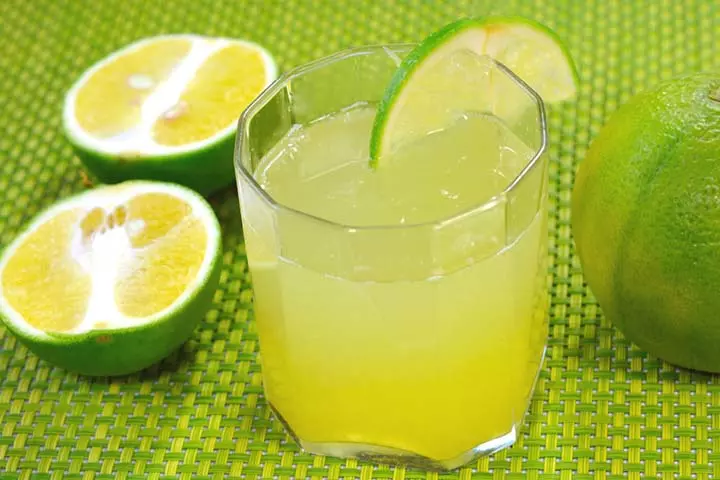
Image: Shutterstock
If your doctor has advised you to consume mosambi juice, remember to buy farm-fresh mosambi and make the juice at home. Selecting organic fruit is essential, as it minimizes the risk of harmful pesticide exposure, ensuring a healthier juice option for you and your baby. All that snazzy packing and your laziness might make packaged juice seem like a more lucrative option but try to resist the temptation.
Use the freshness test to pick fresh and ripe mosambi.
You Will Need:
- 3-4 Mosambis
- Two teaspoons of sugar/honey (optional: for extra sweetness)
- Pinch of Black Salt
- ¼ tsp cumin powder
How To:
- You can either extract the mosambi juice using a juicing machine or manual citrus juicing machine.
- Peel the skin and chop the mosambi into bits.
- Add the chopped mosambi bits to the food processor.
- Blend well, until the juice is smooth.
- Add the sugar or honey to a tall glass. (Optional)
- Collect the juice in a tall glass.
- Sprinkle the black salt and cumin powder on top.
- Enjoy chilled.
To add a variation, you can also garnish it with a couple of mint leaves, or mix more fruits and make a fruit cocktail.
 Quick tip
Quick tipBenefits Of Mosambi Juice During Pregnancy

Image: Shutterstock
At this delicate time of pregnancy, it’s important to note that consuming mosambi juice can have several beneficial effects on your health. Some of them include:
- Helps increase your fluid intake by consumption and helps flush toxins from your body.
- Helps allay constipation and lowers acidity.
- Provides you with a healthy dose of Vitamin C, folate, antioxidants, and other essential minerals thus improving immunity.
- Helps you maintain healthy blood cholesterol levels.
- Provides you with a good level of potassium, which helps prevent urinary disorders (2).
- Soothes your nervous system and helps you beat stress during pregnancy.
- Drinking mosambi juice helps with hydration and can cool your body when you suffer from overheating in the summer.
- Helps provide your developing baby with essential vitamins and minerals for fetal development.
- Improves your skin and hair health (2).
- Improves digestion and also aids in the absorption of nutrients from foods.
 Quick tip
Quick tipDrinking Mosambi Juice The Right Way
In this special time, you need to be extra careful about most things. Follow these practices to ensure that you stay safe while having mosambi juice in pregnancy.
- Use fresh mosambi juice; it is rich in nutrition, more hygienic, and contains lesser preservatives.
- Refrain from adding ice if you tend to catch a cold easily.
- If you dilute the juice, make sure you add boiled and cooled water or freshly filtered water.
- Do not add black salt or cumin power if it does not suit your taste or digestive system.

Image: Shutterstock
- Have freshly squeezed mosambi juice. The stale juice left in the fridge can lead to stomach problems.
Frequently Asked Questions
1. When should I eat sweet lime in pregnancy?
Although you may consume fresh sweet lime in moderation during any stage of pregnancy (provided you don’t experience any side effects), it is ideal to consume it in the first trimester (3).
2. Who should not drink mosambi juice?
If you have gastric issues, consult your doctor before drinking mosambi juice regularly. Furthermore, sweet lime juice is not advisable for people with chronic kidney disease (2).
3. Is it safe to consume mosambi juice from street vendors during pregnancy?
It is generally advisable to exercise caution when consuming food or beverages from street vendors during pregnancy. Street food may not always meet the same hygiene standards as regulated establishments and foodborne illnesses are at risk. To ensure safety, it is recommended to prioritize consuming fresh fruits and beverages from trusted sources or preparing them at home, where you have control over hygiene practices.
4. Does mosambi contain folic acid?
Catherine Rall, a registered dietitian and nutritionist from Denver, Colorado, opines, “Sweet lime juice is rich in folic acid and several other vitamins, making it an excellent dietary choice for pregnant women. The only potential drawback of mosambi is its sugar content. Still, with 12g of carbohydrates per 100g of juice, you would have to drink a lot of it to consume excessive sugar.”
It is safe to consume sweet lime or mosambi juice during pregnancy in moderation. The fruit is a good source of many vitamins and minerals that are essential during pregnancy. To reap most of the nutritional benefits of these fruits, ensure to purchase only the fresh ones and squeeze the juice hygienically by yourself. Avoid pre-packed juices with artificial flavors and preservatives. You could also accentuate the nutritional profile of the juice by combining it with other fruits. However, if you’ve caught a cold after drinking mosambi juice or have experienced any other gastrointestinal disturbances, avoid consuming it and seek prompt medical intervention.
Infographic: Health Benefits Of Sweet Lime Juice For Pregnant Women
Drinking sweet lime juice or Mosambi juice can be a great way to crave sweet and sour tastes during pregnancy. Also, this fruit has many benefits. This infographic explores the potential benefits of drinking Mosambi juice for expectant mothers. Scroll on!
Some thing wrong with infographic shortcode. please verify shortcode syntaxIllustration: Is It Safe To Drink Sweet Lime Juice During Pregnancy?

Image: Stable Diffusion/MomJunction Design Team
References
- Morton, J; (1987); Sweet Lime.
https://hort.purdue.edu/newcrop/morton/sweet_lime.html - Swapan Banerjee and Sulagna Ray Pal; (2025); Inhibitory and complementary therapeutic effect of sweet lime (Citrus limetta) against RNA-viruses.
https://www.jpmhh.org/html-article/14193 - Mary Isabel V. Segismundo and Benilda Eleonor V. Comendador; (2015); Prenatal Nutrition Diet Generator Utilizing Modified Genetic Algorithm for Smartphone.
https://www.joace.org/uploadfile/2014/0310/20140310041626868.pdf - An Essential Guide on What to Eat During Pregnancy.
https://www.fhcsd.org/prenatal-care/what-to-eat-during-pregnancy/ - Morning Sickness? 12 Remedies That Really Work.
https://health.clevelandclinic.org/morning-sickness-10-tips-to-tame-your-turbulent-tummy-day-or-night
Community Experiences
Join the conversation and become a part of our nurturing community! Share your stories, experiences, and insights to connect with fellow parents.
Read full bio of Reda Elmardi
- Catherine Rall is a registered dietitian with more than five years of experience in the nutrition industry. She holds a bachelor’s degree in health science and dietetics from the University of Rhode Island and a business management degree from The American College of Greece.
 Catherine Rall is a registered dietitian with more than five years of experience in the nutrition industry. She holds a bachelor’s degree in health science and dietetics from the University of Rhode Island and a business management degree from The American College of Greece.
Catherine Rall is a registered dietitian with more than five years of experience in the nutrition industry. She holds a bachelor’s degree in health science and dietetics from the University of Rhode Island and a business management degree from The American College of Greece.
Read full bio of Ria Saha
Read full bio of Swati Patwal
Read full bio of Lorraine Teron








